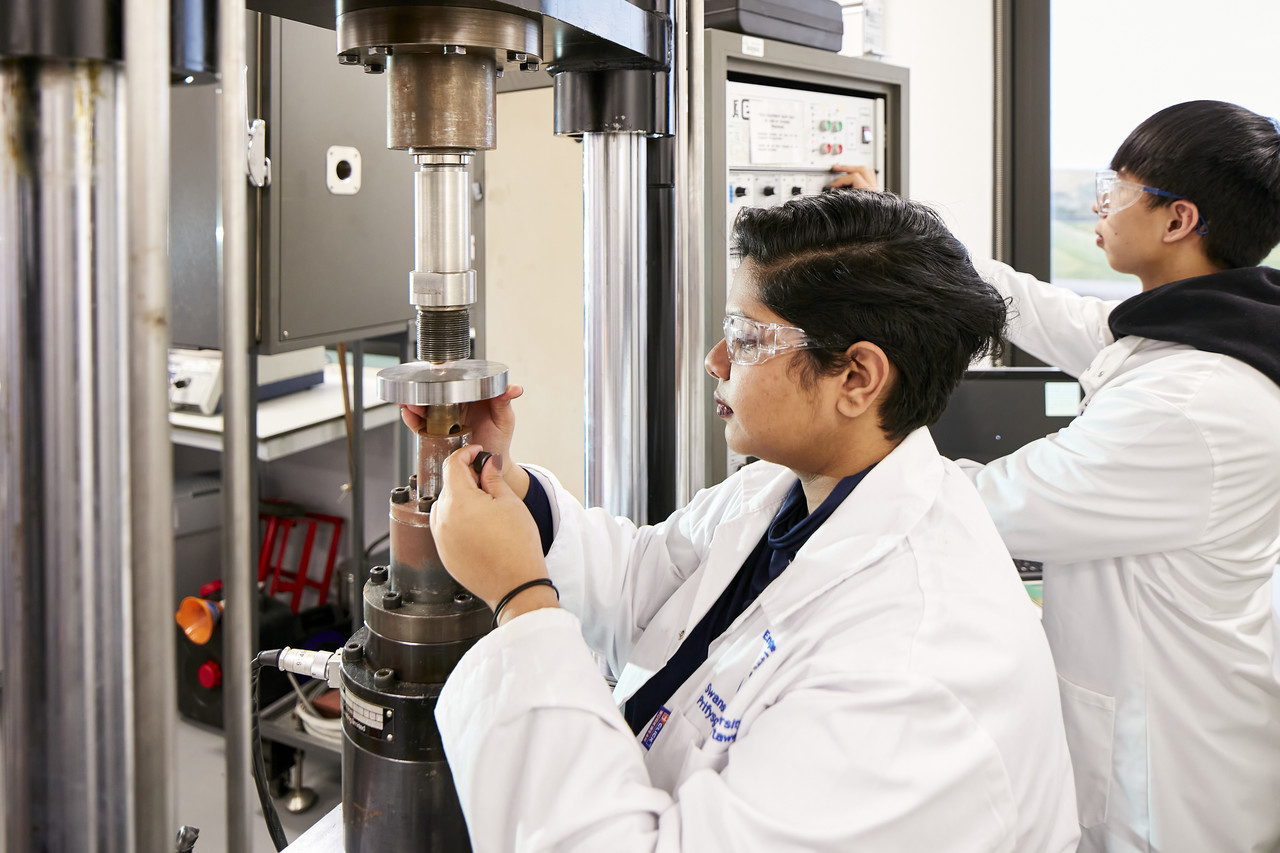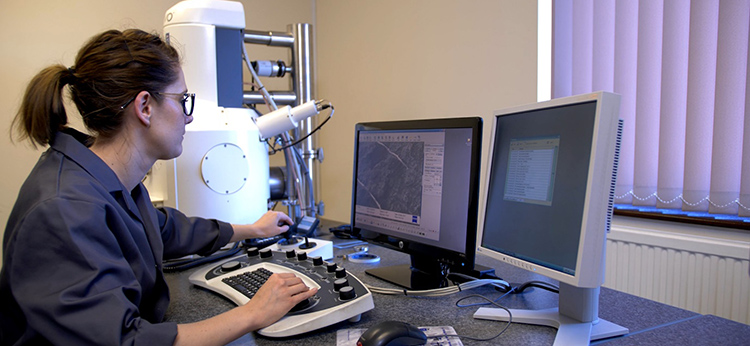Course Overview
Successful innovation is dependent on the selection and performance of key materials. From cars, aeroplanes and cruise ships, to sports and musical instruments, prosthetics, mobile phones and flexible solar cells, the right materials can help to define technological progress. Materials Science and Engineering explores how the properties of matter can be controlled, enhanced and manipulated to not only improve performance in existing applications but also to establish new technological applications.
Our Materials Science and Engineering degrees will equip you with a comprehensive understanding of materials science and engineering, developing your analytical abilities alongside hands-on experience of advanced equipment, to meet the evolving demands of the UK materials industry and global research sectors, including aerospace, automotive, manufacturing, sports and energy generation.
You will be prepared to respond to pressing global challenges, including climate change, energy transition, resource scarcity and social equity, and will work to consider the broader social and environmental implications of engineering design.
The programme is studied as a 3-year Bachelors of Engineering (BEng), or a 4-year Integrated Master of Engineering (MEng) which meets the academic requirement for registration as a Chartered Engineer. Both our BEng and MEng courses include options to study with a Year Abroad, a Year in Industry and a Foundation Year.







